To learn more about the importance of mental well-being, pick up one of these recommended reads at the library. You’ll find even more titles on cloudLibrary.
Books about Self-Care and Emotional Well-being

Burnout: The Secret to Unlocking the Stress Cycle by Emily Nagoski, PhD and Amelia Nagoski
Sisters Emily and Amelia Nagoski address the endless cycle of overwhelm and exhaustion that many women feel. The book explains how to help your brain better regulate frustration and why rest and connection are keys to preventing burnout.
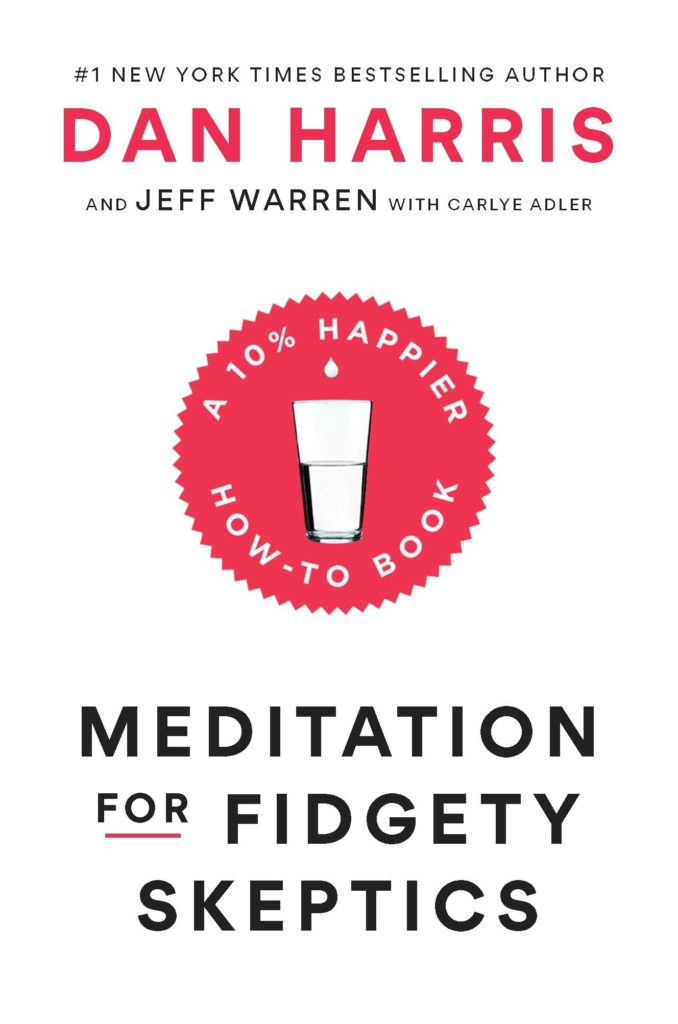
Meditation for Fidgety Skeptics by Dan Harris
If you’d like to try meditation or you’ve attempted it and judged yourself unsuccessful, try this book. It’s informative, practical and even funny.
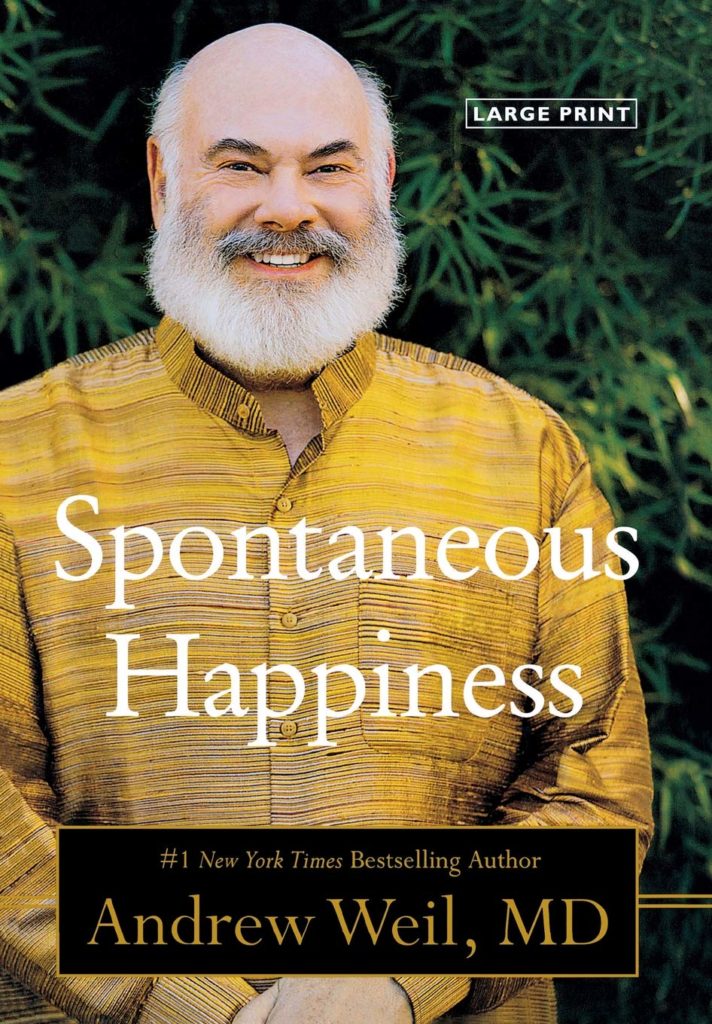
Spontaneous Happiness by Andrew Weil, MD
It may feel like we have little control over our feelings, but this book argues contentment can be cultivated. It offers strategies to enhance comfort and resilience, drawn from the worlds of psychotherapy, mindfulness training and Buddhist psychology.
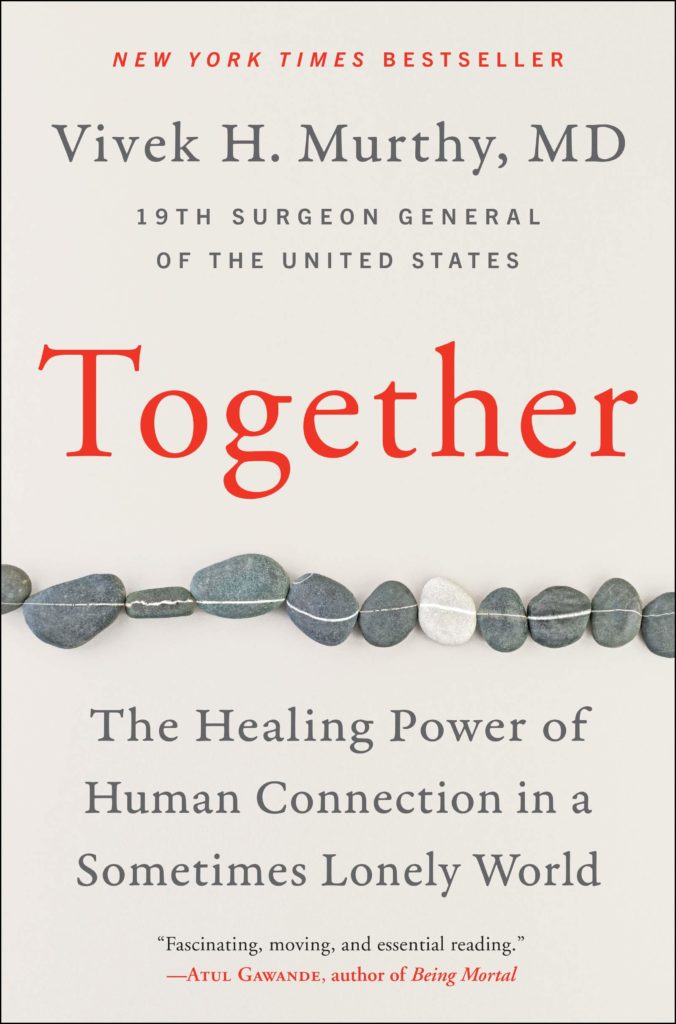
Together by Dr. Vivek Murthy
Former U.S. Surgeon General Vivek Murthy argues that loneliness underpins many modern-day mental wellness problems. The book offers useful solutions for restoring a sense community and connection.
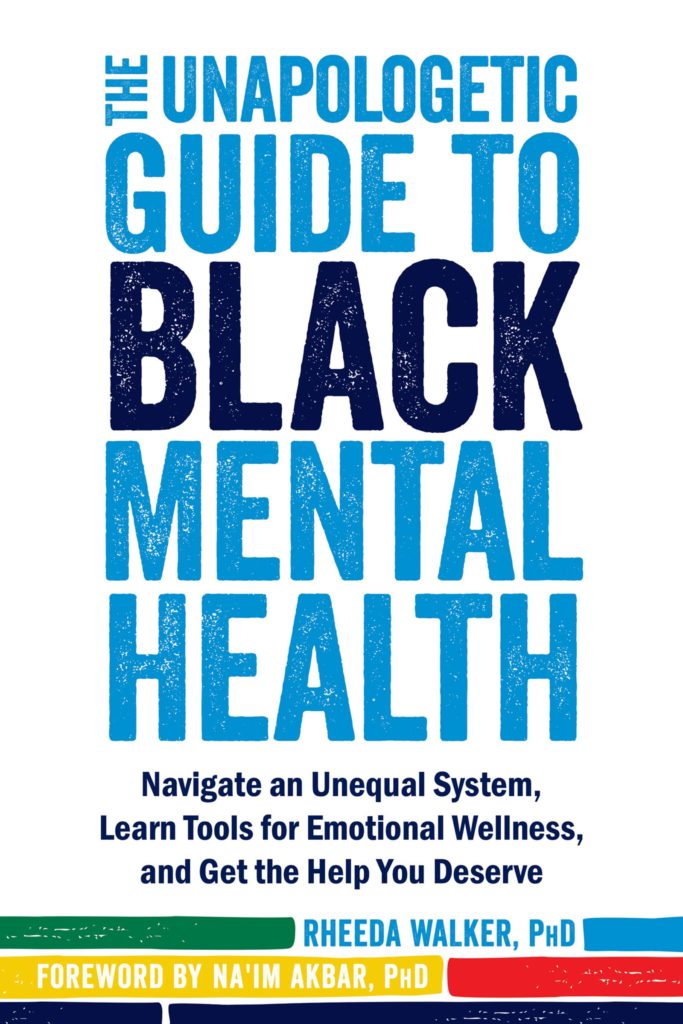
The Unapologetic Guide to Black Mental Health by Rheeda Walker, PhD
This book addresses Black mental health in today’s world. It examines the forces that have undermined mental health progress for Black Americans, and outlines what needs to happen to heal psychological distress, find community, and access effective mental health care.
Books about Reducing Stigma
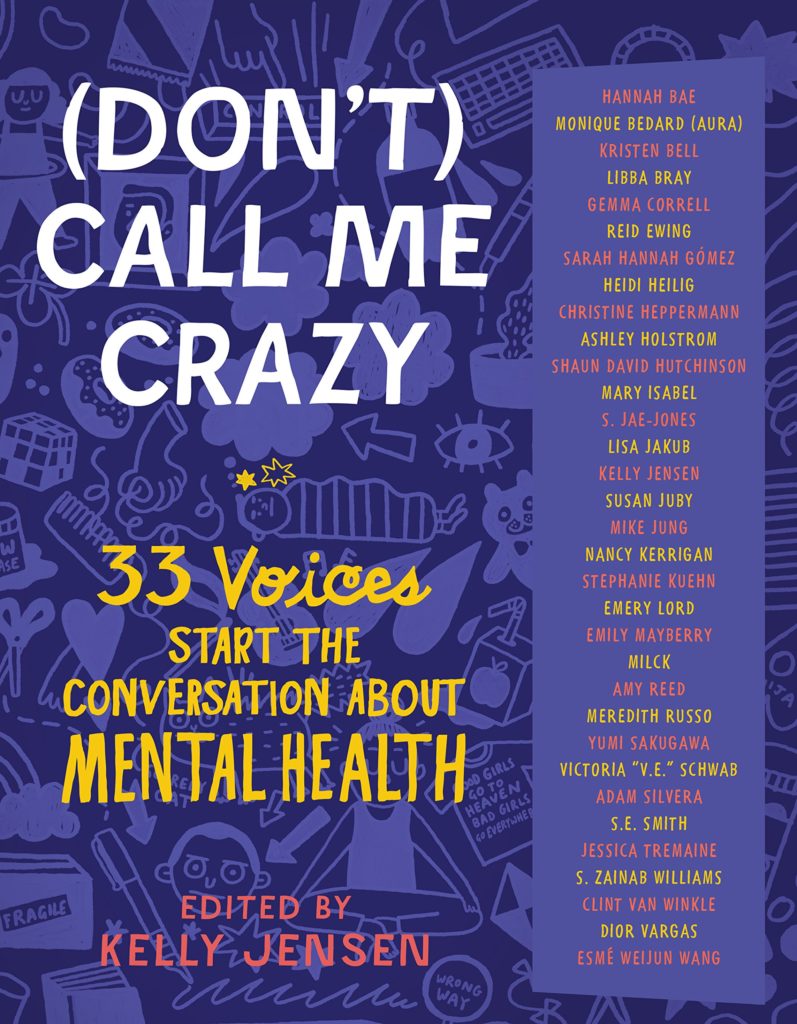
(Don’t) Call Me Crazy, edited by Kelly Jensen
Thirty-three writers, artists and athletes reflect on their personal experiences with mental illness. This book does a great job of addressing how we do (and don’t) talk about mental health and how stigmatizing labels get attached to everyday experiences.
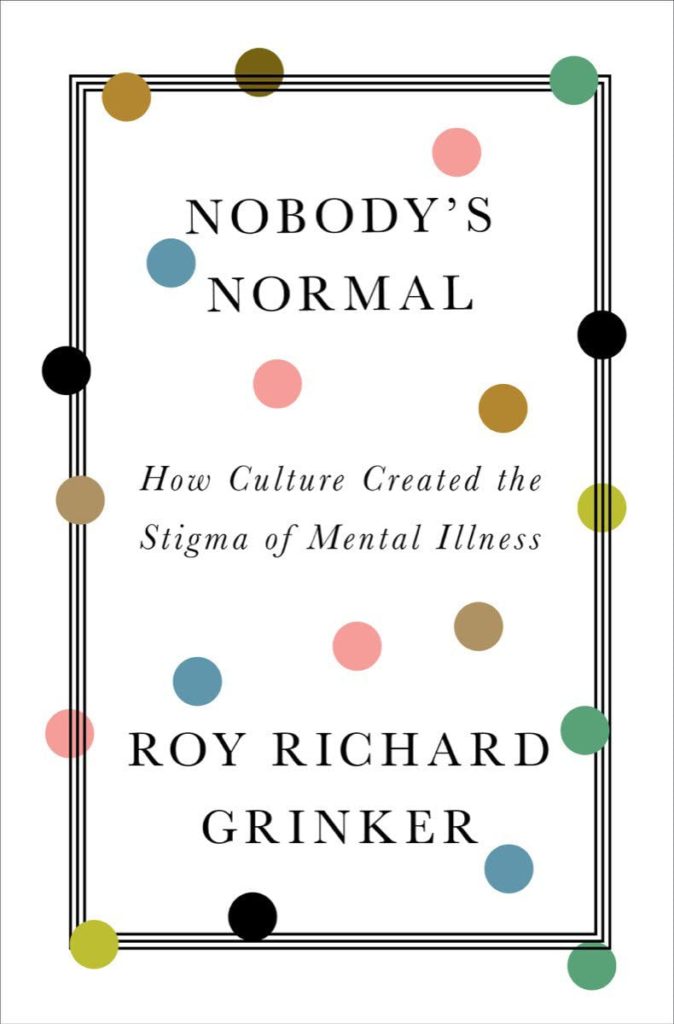
Nobody’s Normal: How Culture Created the Stigma of Mental Illness by Roy Richard Grinker
For centuries, physicians and society passed moral judgment against people with mental illness. This book, written by an anthropologist, explores the history of stigma against mental illness, from the 18th century through today. It offers hope by sharing how mental health care providers and people with mental health disorders are changing how mental illness is perceived.
Books about Depression and Anxiety
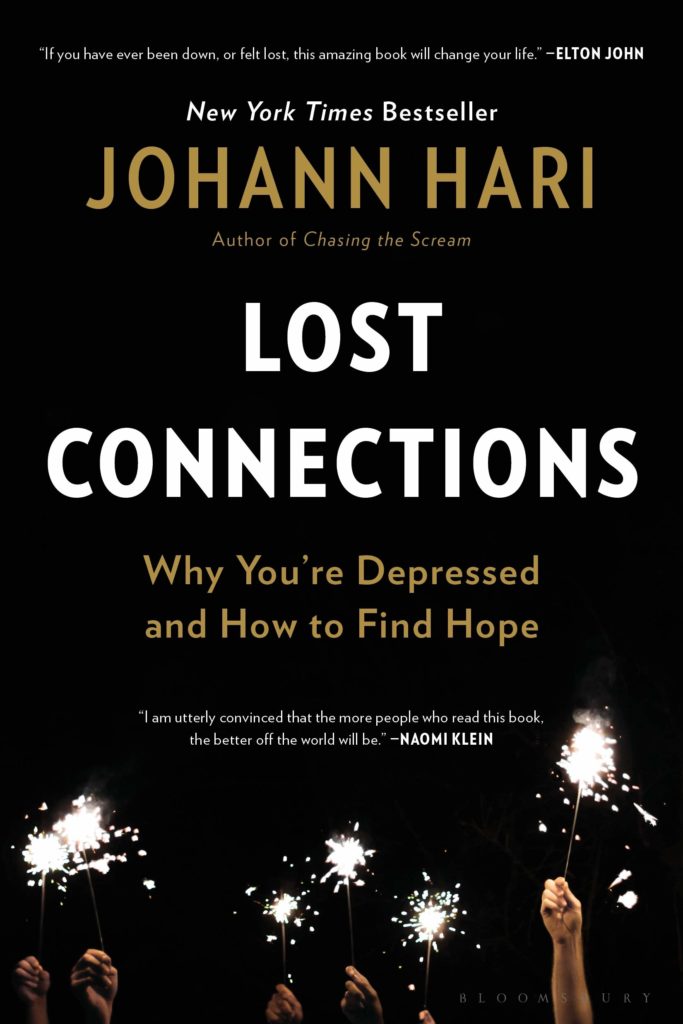
Lost Connections: Uncovering the Real Causes of Depression and the Unexpected Solutions by Johann Hari
Journalist Johann Hari uses his own experience with depression to investigate depression and anxiety. This book shares his in-depth conversations with social scientists and catalogs eight external causes of depression, from loneliness and trauma to disconnection from the natural world.
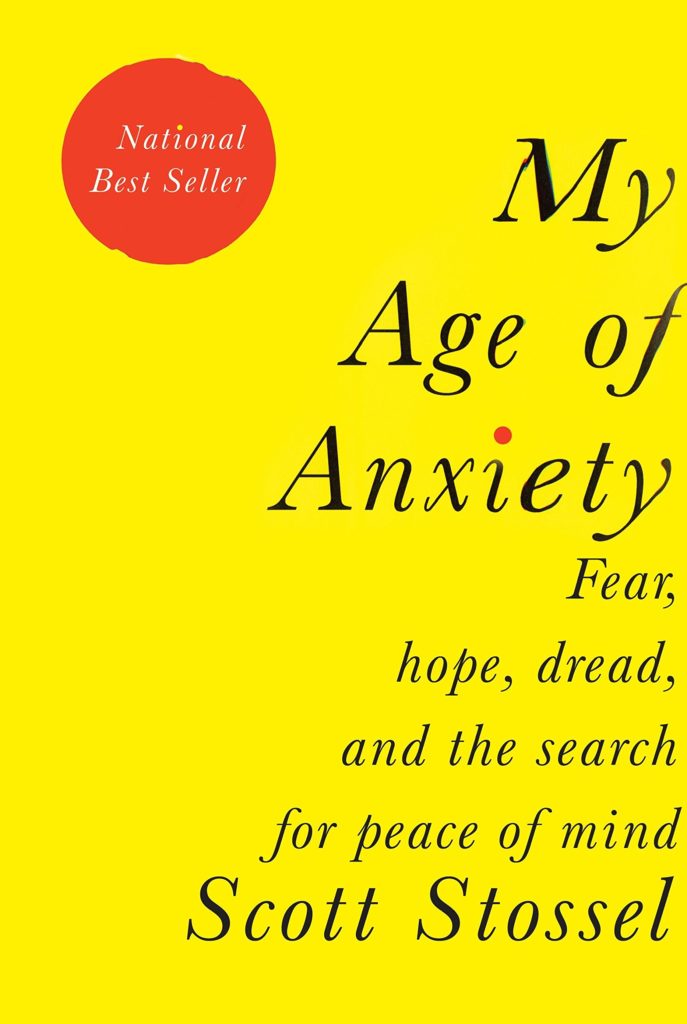
My Age of Anxiety by Scott Stossel
A moving account of the author’s struggles with anxiety. It also shares how scientists, philosophers and writers have understood the condition from the 19th century to today.
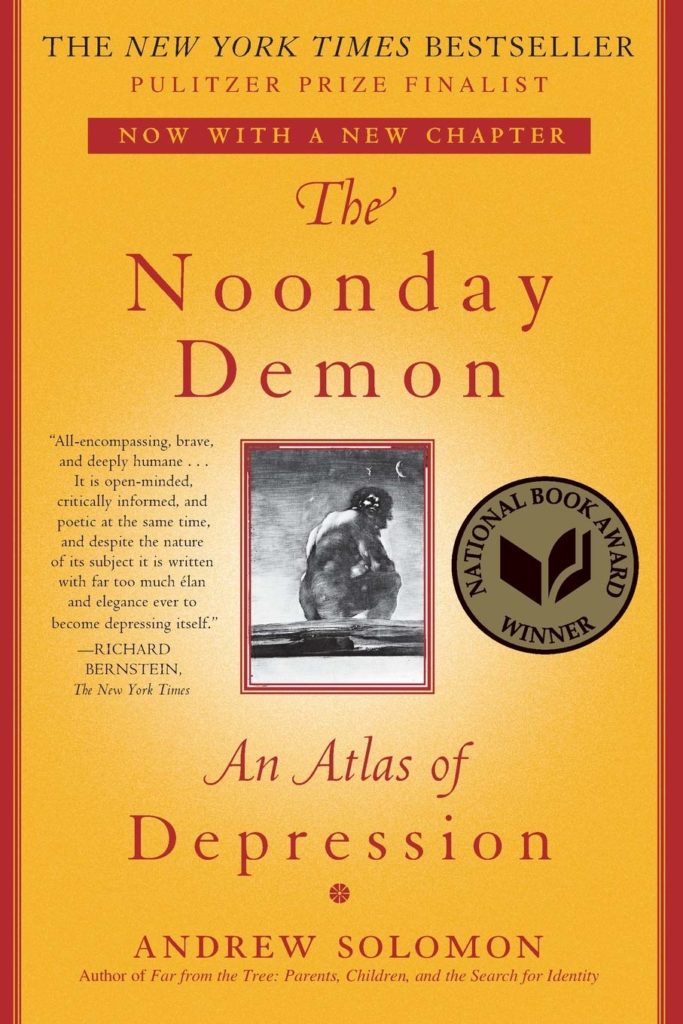
The Noonday Demon: An Atlas of Depression by Andrew Solomon
This detailed book looks at several angles of depression, including personal, scientific, and cultural perspectives. The writer shares his own experience with depression along with what he learned from talking with doctors, policy-makers and pharmaceutical researchers.
Books about Addiction
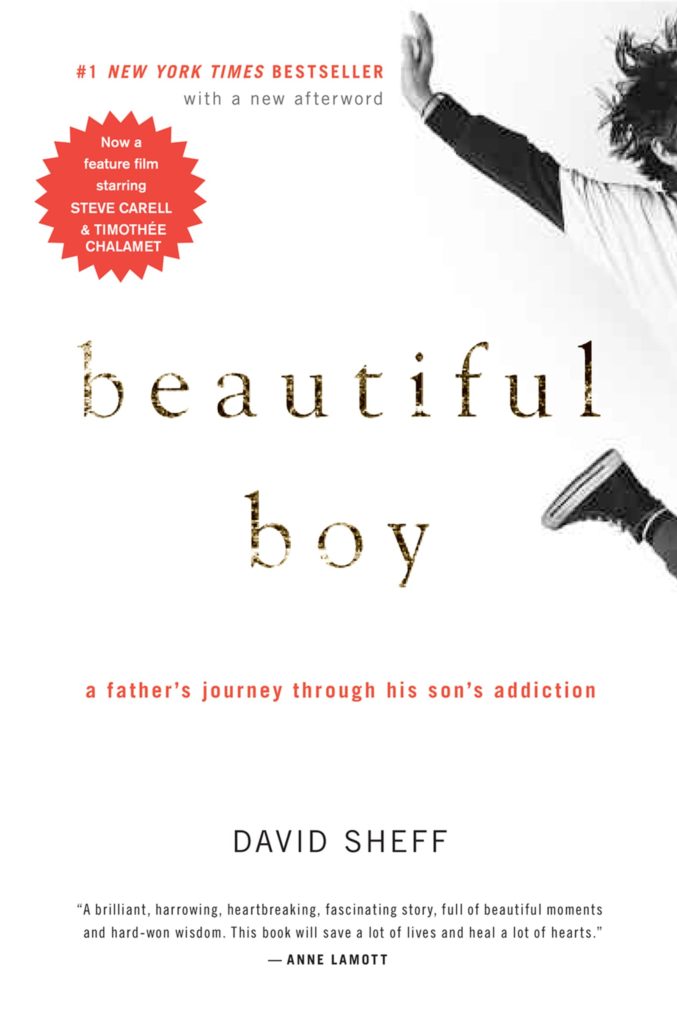
Beautiful Boy: A Father’s Journey through His Son’s Addiction by David Sheff
A memoir-turned-movie. An accomplished journalist, David Sheff spent years researching every treatment that might end his son’s addiction to drugs. This book shares one family’s journey through addiction and what it took to save a young man’s life.
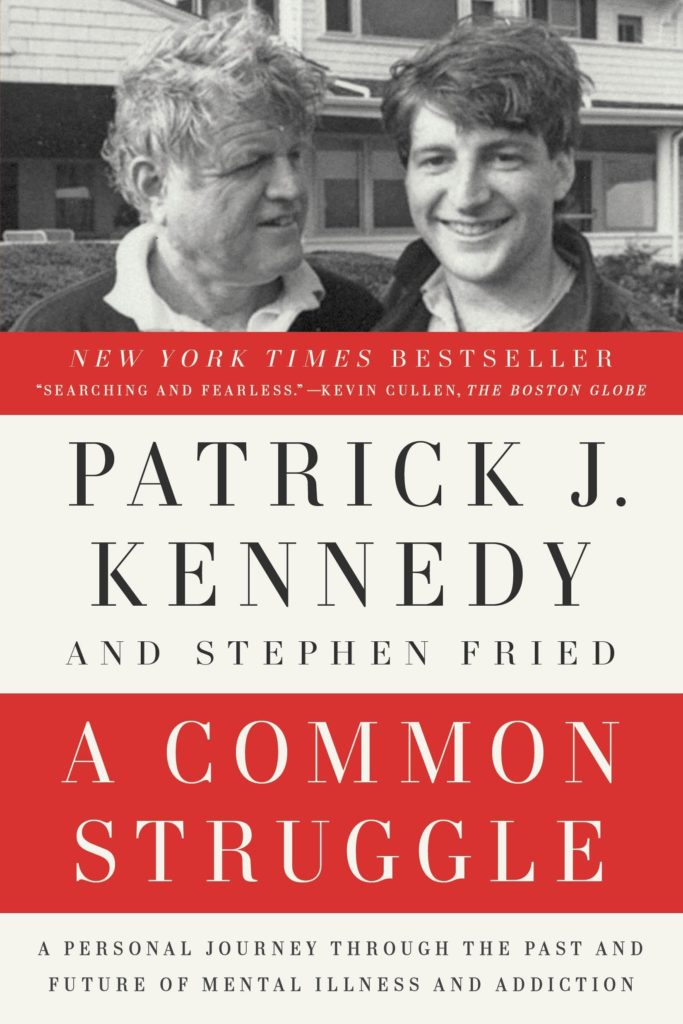
A Common Struggle by Patrick Kennedy
Patrick J. Kennedy, a former congressman and son of Senator Ted Kennedy, writes beautifully about his fight with addiction and mental illness. The book weaves together his private and professional lives and shares his hope for the future of mental health policy in America.
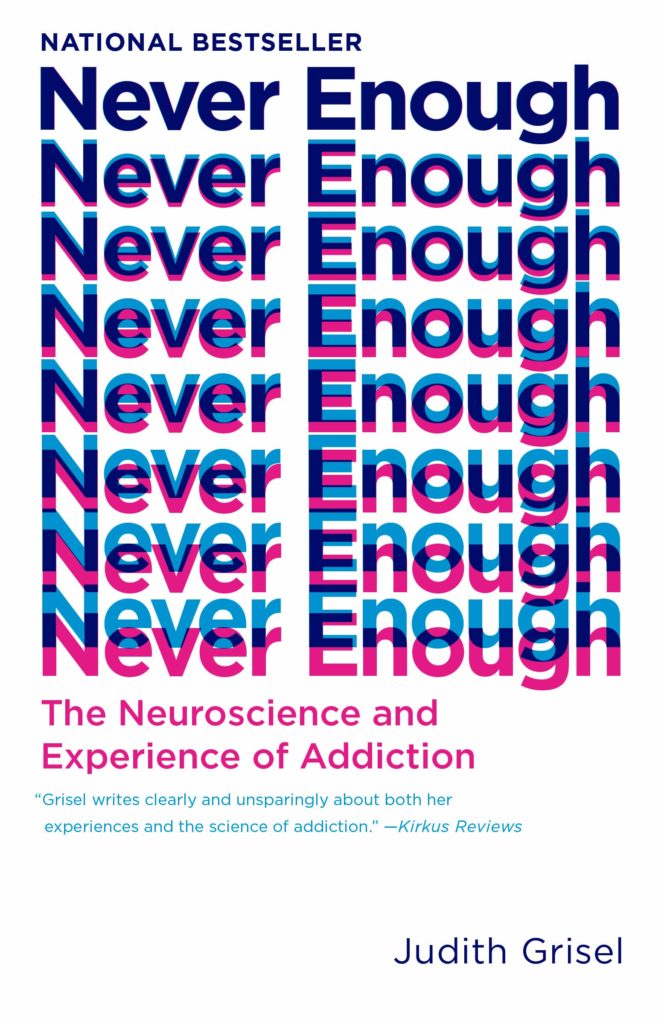
Never Enough: The Neuroscience and Experience of Addiction by Judith Grisel
Written by a behavioral neuroscientist who is herself in recovery. Judith Grisel explains how addiction impacts the brain and how people in recovery and their caregivers can best move forward.
Books about Grief
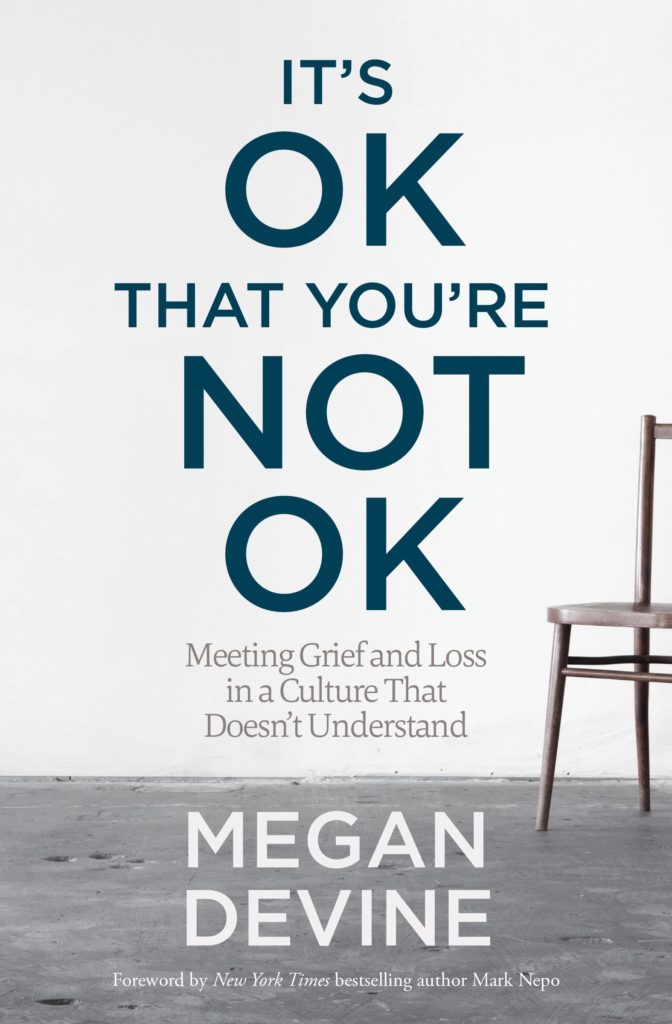
It’s OK that You’re Not OK by Megan Devine
Megan Devine has seen grief from both sides: she’s a therapist, and she also witnessed the accidental drowning of her partner. This book debunks the culturally prescribed myths around grief and shares how to build a life alongside grief instead of trying to defeat it.
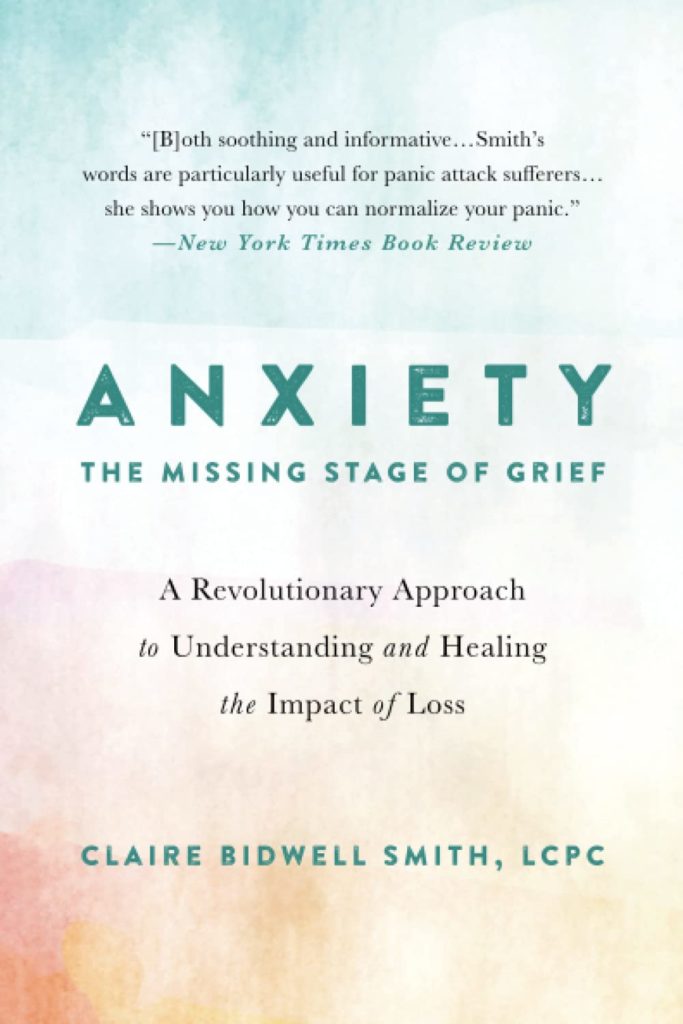
Anxiety: The Missing Stage of Grief by Claire Bidwell Smith, LCPC
Therapist Claire Bidwell Smith outlines the link between unresolved grief and anxiety. Using research and real stories, she explains the physiology of anxiety after loss and strategies that can offer healing.
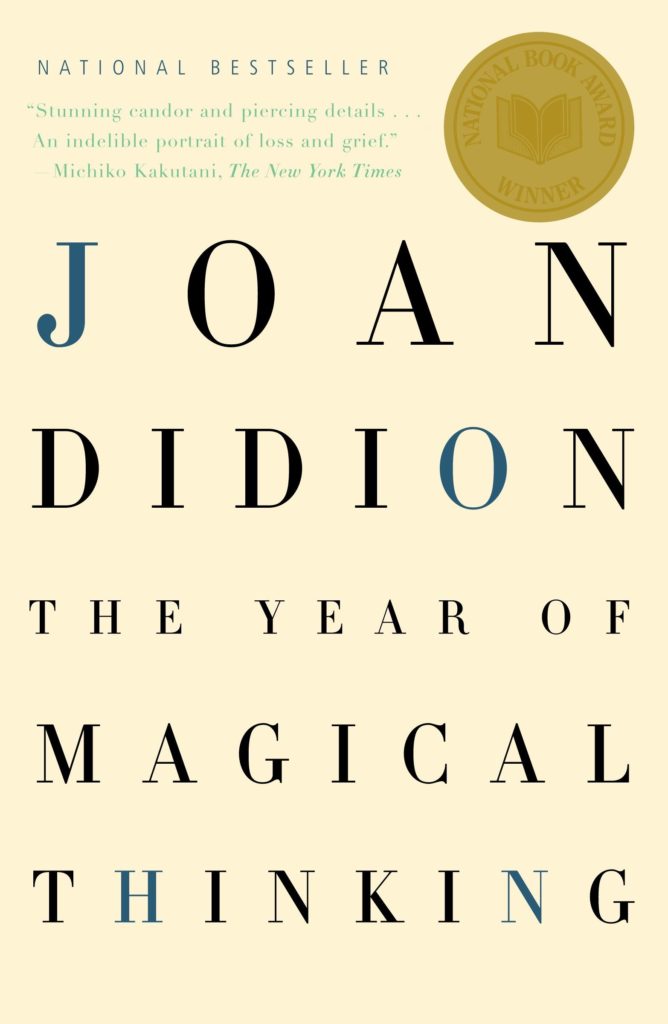
The Year of Magical Thinking by Joan Didion
An acclaimed classic! Joan Didion, one of America’s most iconic essayists, lost her husband to a surprise heart attack while simultaneously facing the possibility of losing their daughter to a mysterious illness. This book is Didion’s attempt to make sense of that chaotic and difficult period in her life.
Books about Trauma
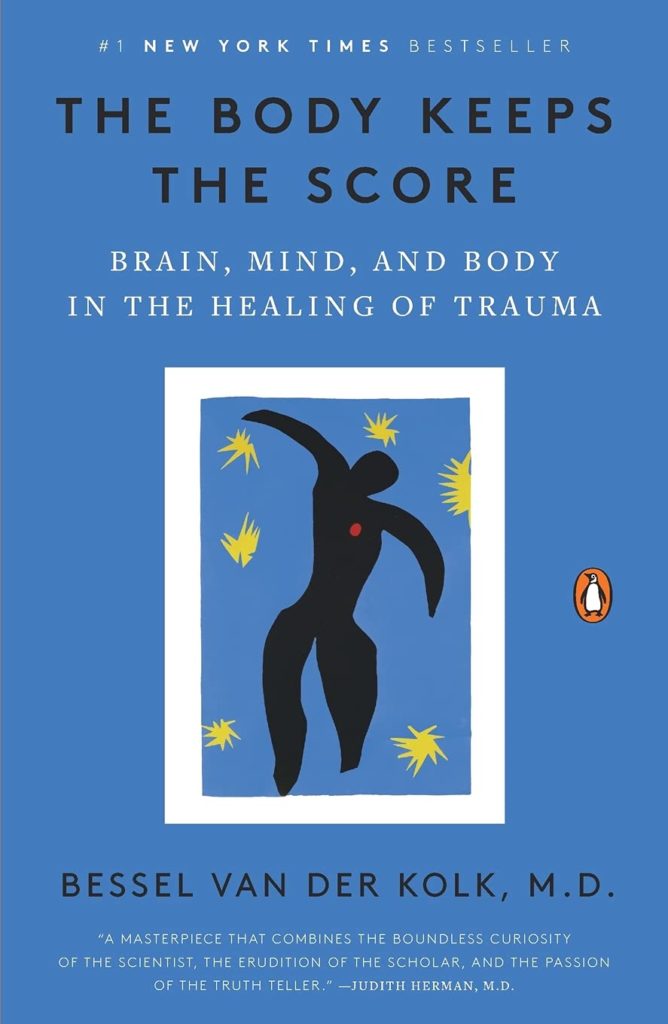
The Body Keeps the Score by Bessel van der Kolk, MD
Dr. Van Der Kolk shares what he’s learned after decades researching and working alongside trauma survivors. The book details how trauma rewires the human brain and how innovative treatments can offer relief.
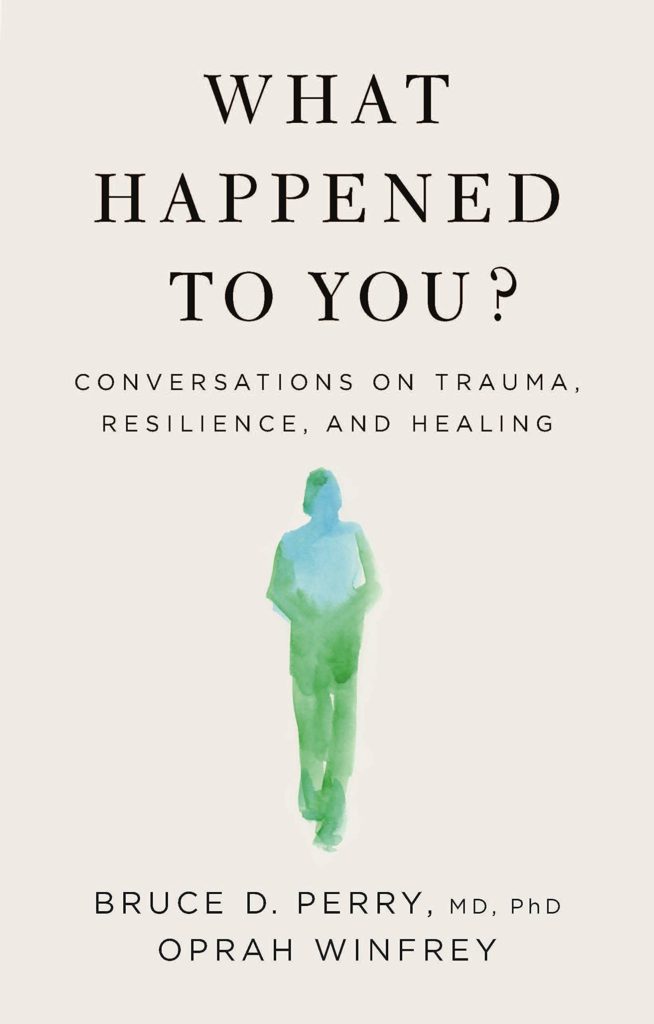
What Happened To You? by Bruce Duncan Perry, MD, PhD, and Oprah Winfrey
Oprah Winfrey and renowned trauma expert Dr. Bruce Perry explore the impact of trauma and how healing must begin with a shift to asking what happened to a person, rather than what’s wrong with them.

